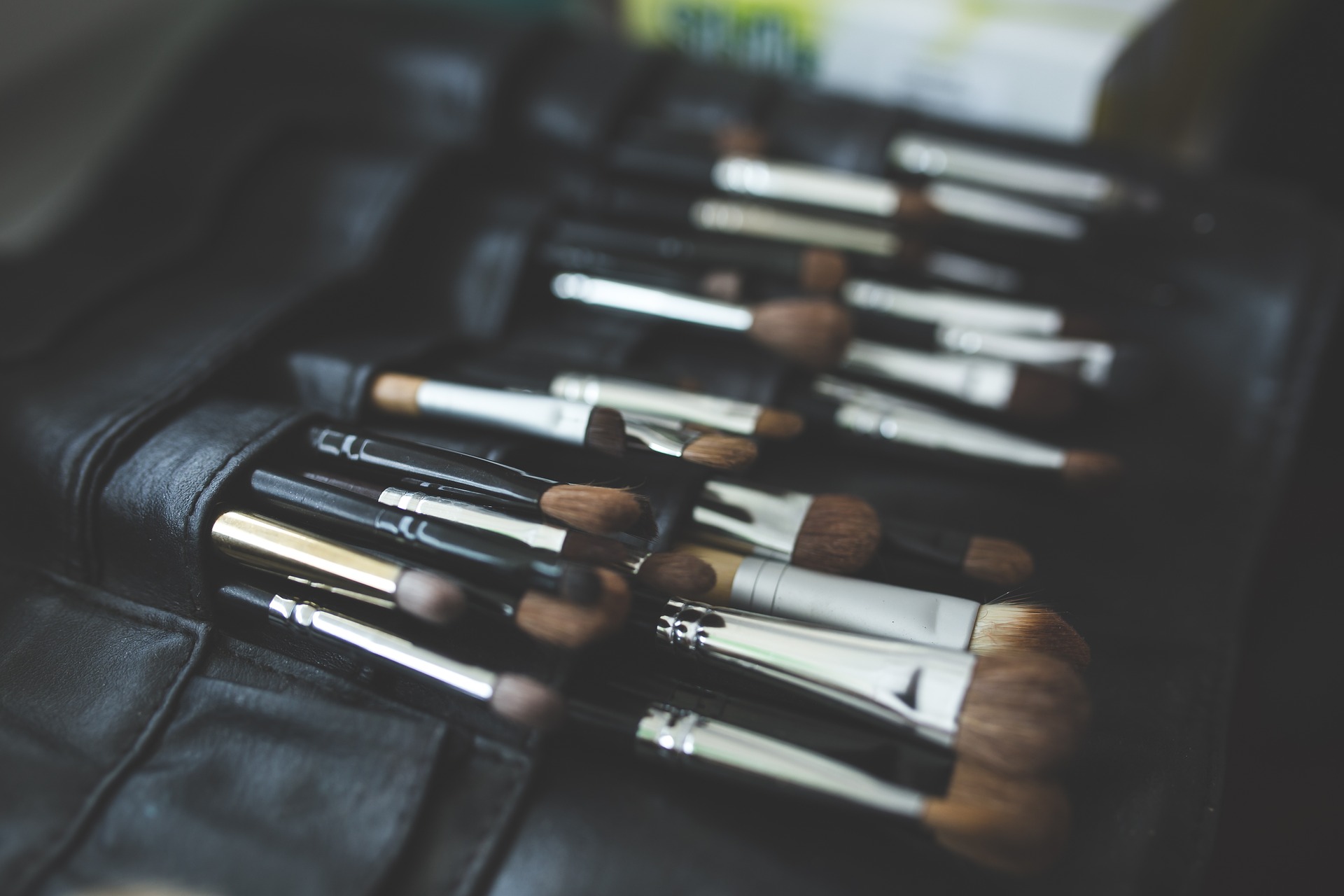
When was the last time you cleaned your makeup brushes? If you don’t clean your makeup brushes frequently, you’re applying more than just makeup to your face. Your brushes become laden with potentially dangerous bacteria like staph and strep, and it gets worse the longer you go between cleanings.
You’ve probably been warned not to share makeup with other people. Bacteria that lives on our skin, naturally or through exposure, contaminates makeup through contact with a brush or your fingers that have touched your face. While this makes a good argument for tossing old makeup and keeping your arsenal fresh, thoroughly cleaning your makeup brushes must be part of your routine in order to keep your skin healthy.
With dirty brushes you can break out in rashes, acne, bacterial and fungal infections, irritated skin and even get eye infections, according to Dr. Sejal Shah, M.D. for Women’s Health magazine.
To keep your brushes clean, be sure to wash them at least once a week. You may need to wash them more frequently if you have oily skin. Be sure to use soap – a soap made specifically for makeup brushes is always a good option, but Women’s Health also recommends baby shampoo, which is a cheap and easy alternative!
Learn more about cleaning your brushes:
The Nasty Stuff That Happens to Your Skin When You Don’t Clean Your Makeup Brushes
by Macaela Mackenzie for Women’s Health
Pop quiz: Would you ever put something covered in staph and bacteria on your face? Answer: You probably already are.
Despite all the warnings to wash your makeup brushes on the regular, we’re willing to bet it’s been quite a while since those babies have had a bath (after all, who has the time?). But while you’re slacking on your cleaning routine, those brushes are gathering dust, dirt, and bacteria—which, until you wash off, you’re putting directly onto your face. Ew.
Your bristles can get bombarded with any bacteria that has come into contact with your skin or contaminated your makeup (yet another reason not to lend your mascara to your bestie), but the most common germs are Staphylococcus and Streptococcus—the bad boys of the bacterial world responsible for staph infections and strep throat, says Sejal Shah, M.D., a board-certified dermatologist in New York City.